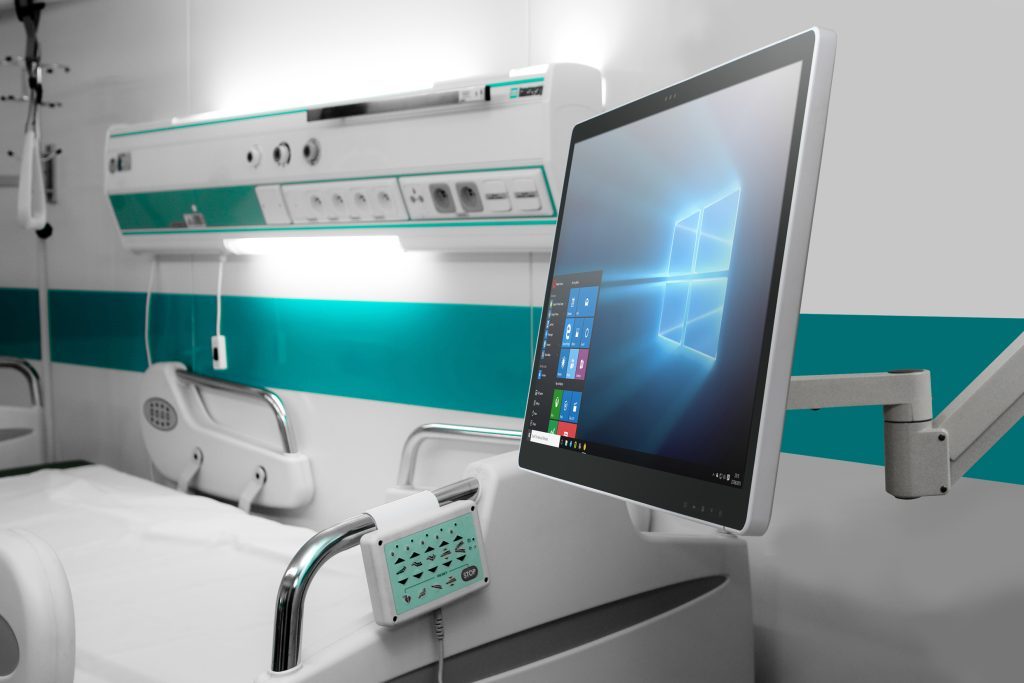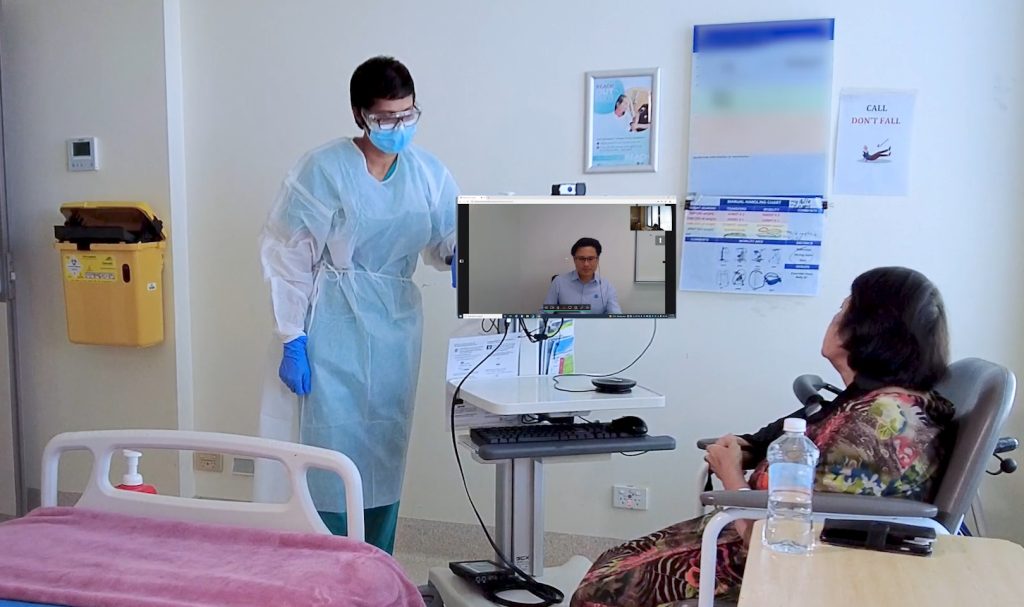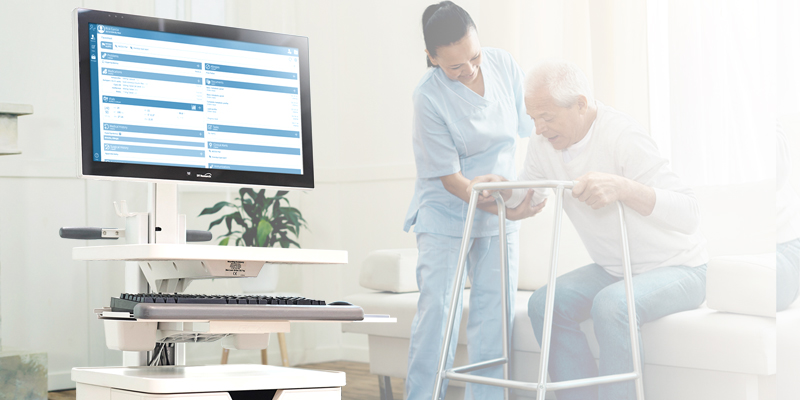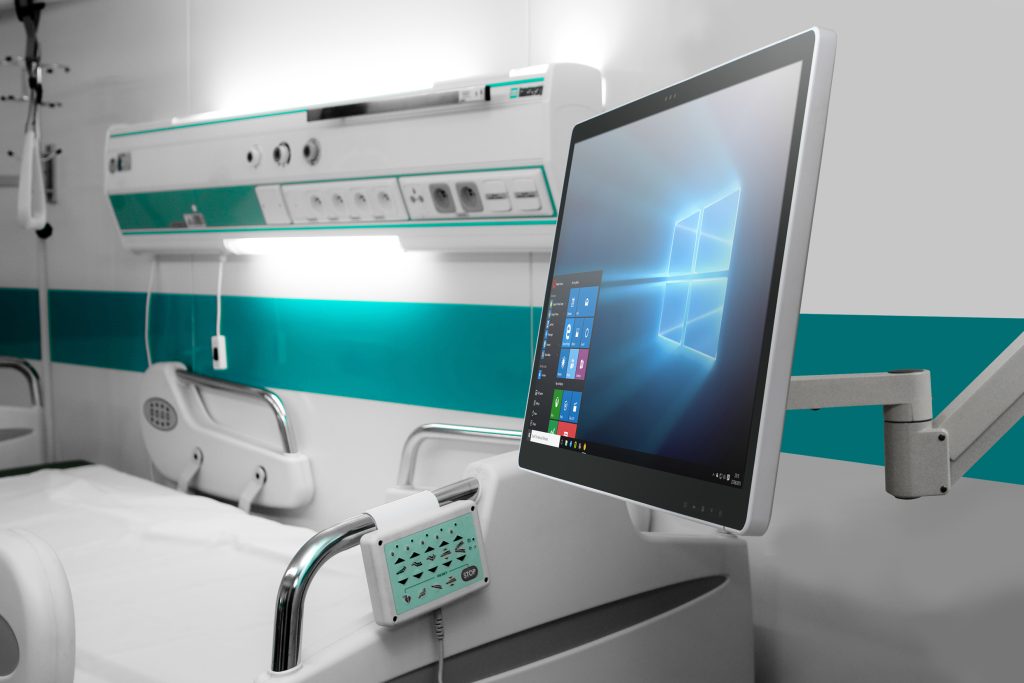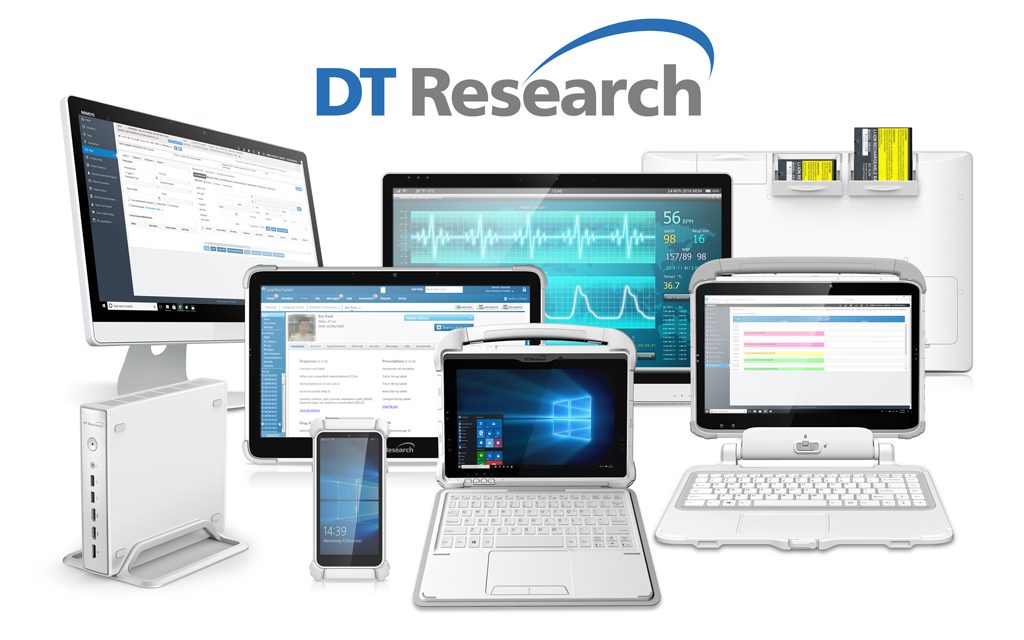
Dedicated systems are now being used by hospitals around the country to enhance response times and focus more on patients. Quality medical computers are only going to become more important as time goes on in terms of providing quality care.
Continue reading “DT Research’s Comprehensive Line of Medical Grade Products”

